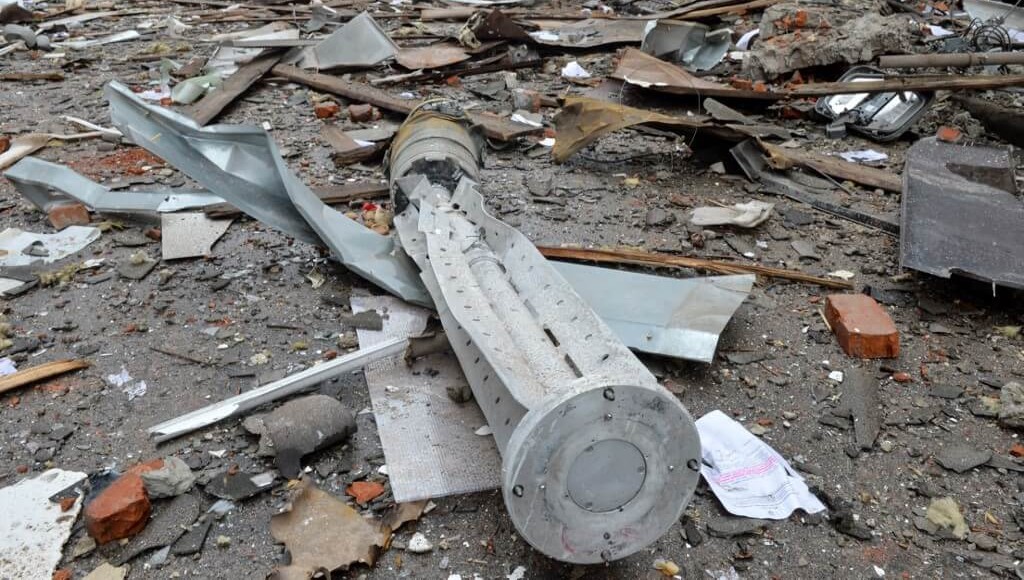Turkey has been supplying Ukraine with US-designed, artillery-fired cluster bombs since November 2022, according to a report in Foreign Policy that cited current and former US and European officials familiar with the matter.
According to the report Turkey began sending the cluster bombs, which are banned by more than 100 countries but used by Russia in Ukraine, to Ukraine after months of Kyiv pleading with the US administration for the munitions.
The NATO ally began sending the first batches of so-called dual-purpose improved conventional munitions (DPICMs) in November 2022, which were made during the Cold War era under a co-production agreement with the United States, the Foreign Policy article said.
The weapons are designed to destroy tanks by bursting into smaller submunitions, which can linger on the battlefield for years if they do not immediately explode. Each round scatters about 88 bomblets. The United States is barred from exporting DPICMs under US law because of its high dud rate.
NATO member Turkey, which has stayed neutral throughout the conflict in Ukraine, has good relations with its two Black Sea neighbors — Russia and Ukraine — and has refrained from joining Western sanctions on Moscow.
The move, which Turkey has sought to keep quiet for months, according to the article, also highlights the high-wire act that Ankara has played throughout the conflict: supporting Ukraine with armed Bayraktar TB2 drones that helped break Russia’s advance on Kyiv and playing diplomatic middleman for the United Nations-brokered deal to export grain from the Ukrainian port of Odesa, all while purchasing Russian weapons for itself and angering NATO in the process. It was not immediately clear if the Turkish surface-to-surface weapons had been used in combat.
“After the US denied [Ukraine] access to cluster munitions, Turkey was the only place they could get them,” said one source briefed on the matter, who spoke on condition of anonymity. “It just shows how even as Turkey cozies up to Russia in some respects, it’s become a really important supporter for Ukraine militarily.”
Neither the Turkish Embassy in Washington nor the Ukrainian defense ministry responded to Foreign Policy’s request for comment. But Turkey’s delivery of DPICMs showcases how Ankara has played an outsized role in supplying weapons to Ukraine to break Russia’s full-scale invasion at critical moments in the war since Russian President Vladimir Putin ordered the assault in February 2022.
Both the Ukrainians and the Russians have used cluster bombs since Russia invaded Ukraine in February, but the Russians – who also used the munitions to devastating effect on civilians in Syria – have used them more often and against civilian targets including parks, clinics and a cultural center, according to an investigation by Human Rights Watch.

